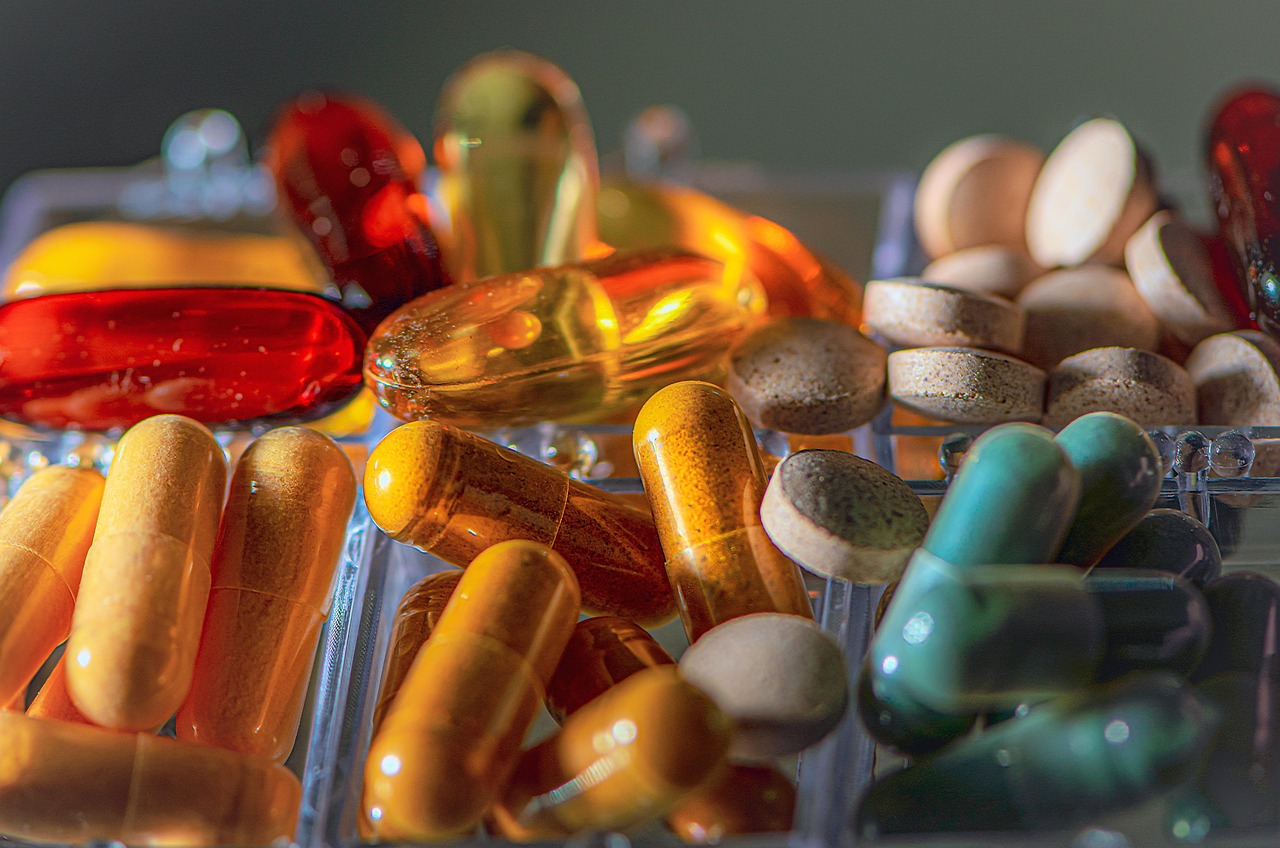Testosterone, often referred to as the male hormone, plays a crucial role in various physiological processes within the body. Though primarily associated with men, it is also important for women, albeit at lower levels. As awareness of hormonal balance increases, understanding testosterone levels—what affects them, how they change over time, and their impact on overall health—has become increasingly essential. In this blog post, we will explore the significance of testosterone levels, their benefits, signs of imbalance, and effective ways to maintain optimal levels.
Understanding Testosterone Levels
What is Testosterone?
Testosterone is a steroid hormone produced mainly in the testes in men and the ovaries in women, with small amounts produced in the adrenal glands of both sexes. It is responsible for:
- Development of male sexual characteristics
- Regulation of libido (sexual drive)
- Bone density and muscle strength
- Red blood cell production
- Maintaining mood and mental health
The Normal Ranges of Testosterone
Typical testosterone levels can vary widely based on age and gender:
- Men: 300 to 1,000 ng/dL (nanograms per deciliter)
- Women: 15 to 70 ng/dL
Understanding your testosterone level is crucial for recognizing potential health issues.
Factors Affecting Testosterone Levels
Age
Testosterone levels peak during adolescence and early adulthood. They gradually decline by about 1% per year after the age of 30. This naturally occurring decrease can lead to:
- Reduced muscle mass
- Lower energy levels
- Decreased libido
Health Conditions
Several medical conditions can influence testosterone production, including:
- Obesity
- Diabetes
- Hypogonadism (low testosterone production)
- Chronic illnesses such as liver or kidney disease
Lifestyle Factors
Your daily habits can significantly impact your testosterone levels. Factors include:
- Diet: Nutritional deficiencies can lower testosterone. A diet rich in zinc and vitamin D helps maintain optimal levels.
- Exercise: Regular physical activity, especially strength training and high-intensity interval training (HIIT), can boost testosterone.
- Sleep: Quality sleep is essential; studies show that sleep deprivation can lower testosterone production significantly.
- Stress: Chronic stress increases cortisol levels, which can negatively affect testosterone levels.
Signs of Low Testosterone Levels
Low testosterone, or hypogonadism, can present various symptoms that may affect emotional and physical health. Key signs include:
- Reduced sex drive and erectile dysfunction
- Fatigue and decreased energy levels
- Loss of muscle mass and strength
- Increased body fat, particularly in the abdominal area
- Mood changes, including depression and irritability
If you notice several of these symptoms, it may be worth discussing with a healthcare professional.
Testing and Diagnosis
How to Test Testosterone Levels
Testing is typically done through a simple blood test that measures the total testosterone level. Further testing may be required if initial results are low. Here’s how to proceed:
- Visit a healthcare provider to discuss symptoms and potential testing.
- Schedule a blood test, ideally in the morning when testosterone levels are highest.
- Follow-up with your doctor to interpret results and discuss potential next steps.
When to Seek Medical Help
If you experience symptoms of low testosterone, it is important to consult a healthcare professional. Early intervention can prevent further health complications and significantly improve quality of life.
Ways to Optimize Testosterone Levels
Dietary Adjustments
Your diet plays a critical role in managing testosterone levels. Consider including:
- Healthy fats: Avocados, nuts, and olive oil support hormone production.
- Lean proteins: Foods like chicken, fish, and legumes help maintain muscle mass.
- Vegetables: Cruciferous vegetables such as broccoli and cauliflower can support hormone balance.
Exercise Recommendations
Incorporating the right type of exercise can enhance testosterone production:
- Strength training: Focus on compound exercises (e.g., squats, deadlifts). Aim for at least 2-3 days a week.
- HIIT workouts: Short bursts of intense activity can significantly help boost testosterone levels.
Lifestyle Changes
Making small lifestyle adjustments can lead to significant improvements:
- Prioritize sleep: Aim for 7-9 hours of quality sleep each night.
- Manage stress: Implement relaxation techniques such as meditation, yoga, or deep-breathing exercises.
- Avoid excessive alcohol consumption: Limit intake, as it can negatively impact testosterone levels.
Conclusion
Maintaining optimal testosterone levels is vital for overall health, energy, and well-being in both men and women. Understanding the factors that influence testosterone, recognizing the signs of imbalance, and implementing effective strategies for improvement are key. By focusing on lifestyle changes, dietary adjustments, and regular health check-ups, individuals can take proactive measures to manage their hormone levels effectively. Always consult with a healthcare professional for personalized advice and interventions tailored to your specific needs.



